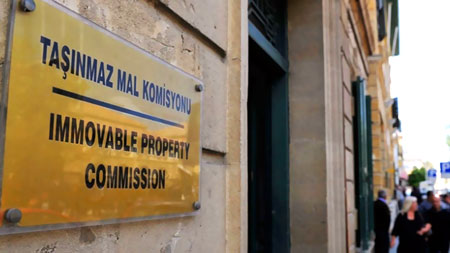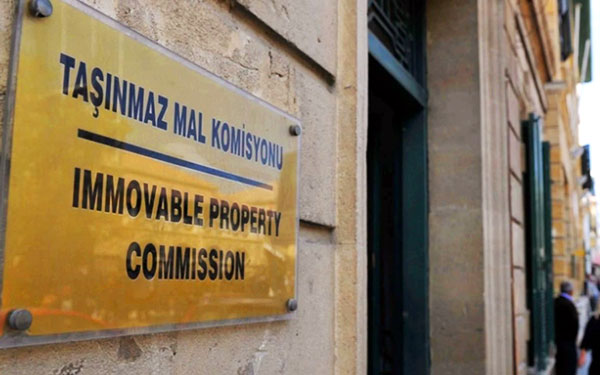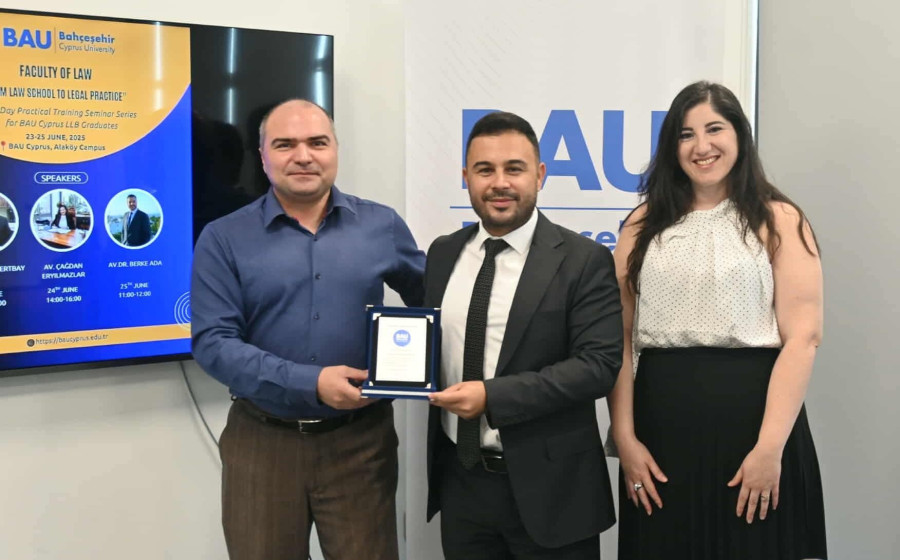 The Immovable Property Commission was created under the Immovable Property Law (No. 67/2005) following rulings by the European Court of Human Rights in the Xenides-Arestis v. Turkey case. Its goal is to provide a way to handle claims related to abandoned properties in Northern Cyprus.
The Immovable Property Commission was created under the Immovable Property Law (No. 67/2005) following rulings by the European Court of Human Rights in the Xenides-Arestis v. Turkey case. Its goal is to provide a way to handle claims related to abandoned properties in Northern Cyprus.
On March 1, 2010, the European Court of Human Rights confirmed that Law No. 67/2005 offers an effective remedy and rejected complaints that domestic remedies were not exhausted.
The Immovable Property Commission officially started on March 17, 2006, with its President, Vice-President, and members appointed by the Supreme Council of Judicature. The members include Ms. Növber Ferit Veçhi (President), Mr. Oktan Türe (Vice-President), Mr. Bengü Ünsal, Mr. Erhan Berksel, Ms. Christiana Kruger, Mr. Daniel Tarschys, and Mrs. Saskia Yorucu.
The Immovable Property Commission reviews claims for property restitution, compensation, and exchange according to Law No. 67/2005. It follows the principles of bi-zonality and bi-communality from the 1977-1979 High-Level Agreements and United Nations plans for Cyprus. The Commission aims to address legitimate property claims while respecting the rights of the Turkish Cypriot community.
As of August 16, 2024, the Immovable Property Commission has received 7,667 applications, with 1,838 completed. It has awarded £465,161,296 in compensation. Decisions have included exchange and compensation in 3 cases, restitution in 5 cases, and both restitution and compensation in 8 cases. In one case, a decision for restitution was postponed until after the Cyprus issue is resolved, and in another case, partial restitution was granted.
The Immovable Property Commission strives to provide fair, quick, and effective solutions for property claims and hopes to help resolve the Cyprus issue comprehensively.





























